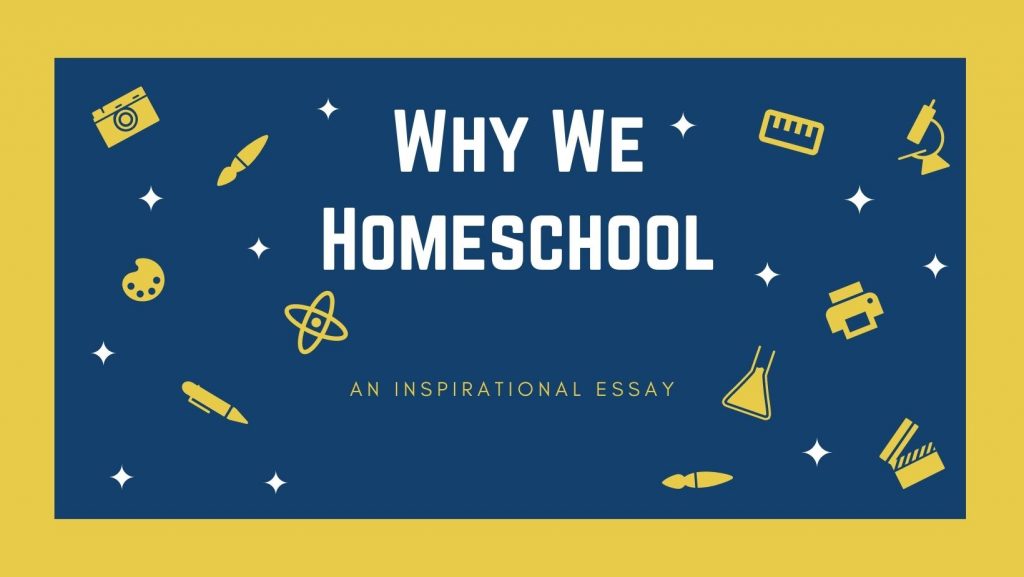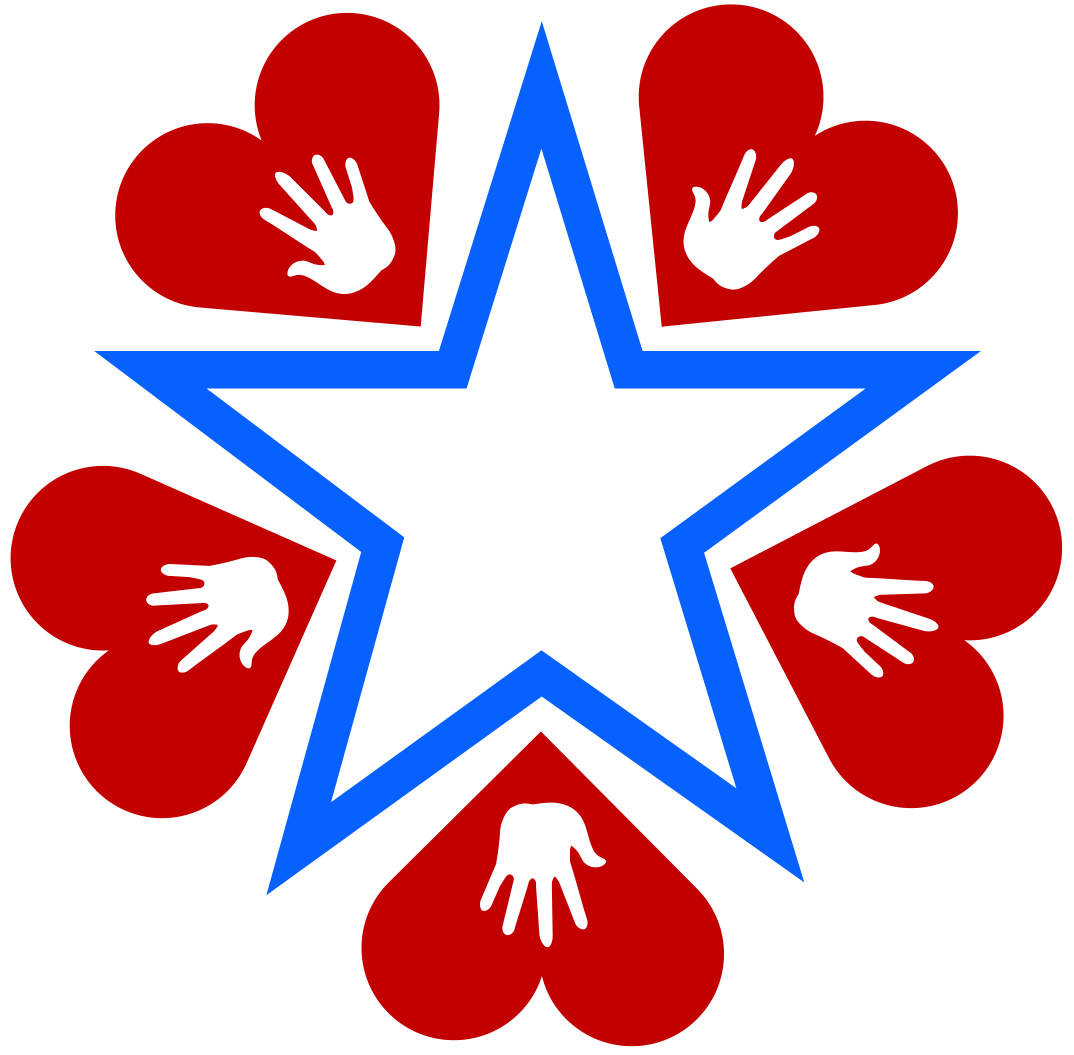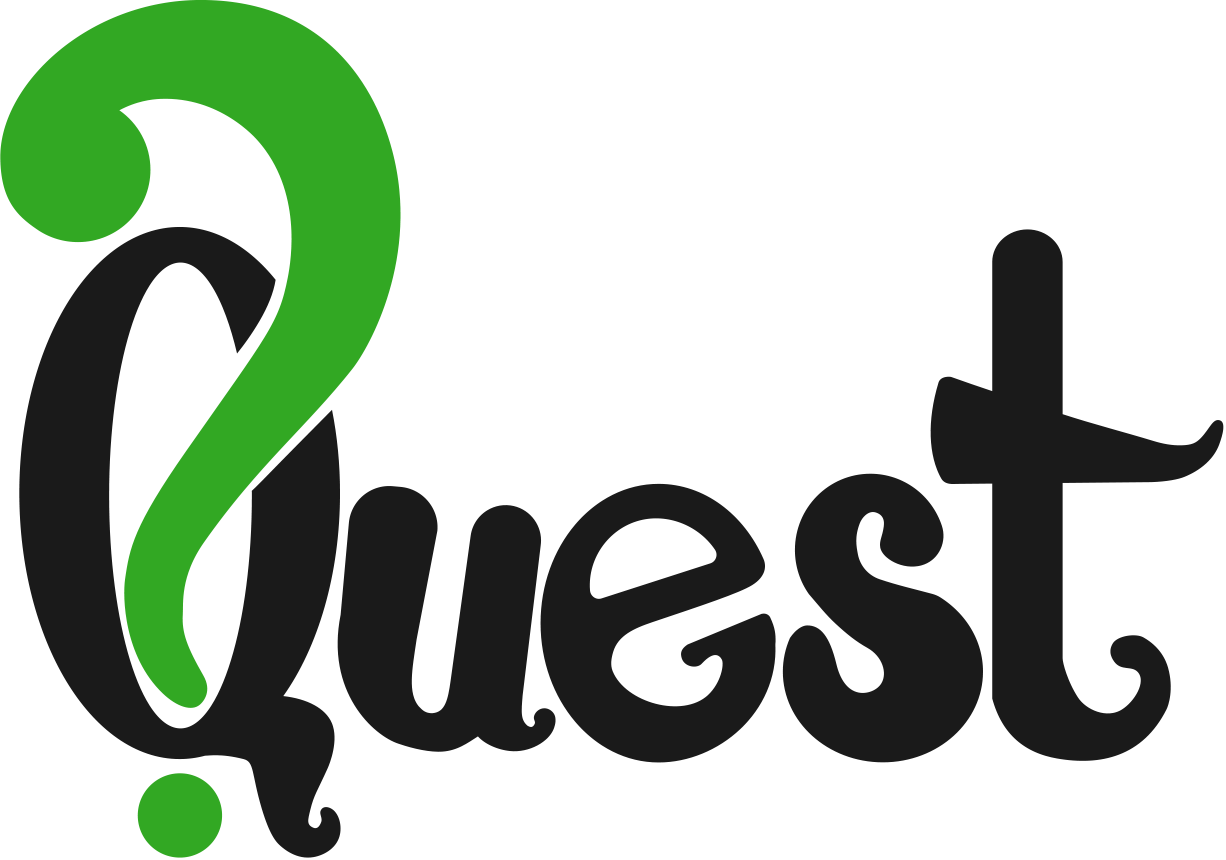by Kerry Cordy
Why do we homeschool? Why go through the hassle, the headaches, the temper tantrums and stubbornness of trying to get assignments done? Why deal with the self doubt, the fear, the pure exhaustion? A Facebook memory popped up today that gave me a good reminder of exactly why we put ourselves through it. Because of what our kids get out of it.
My kids are now grown, but if you are still homeschooling, I hope this essay will encourage you. It was written by my eldest daughter, Katie, during her last year of college to become a teacher. It made me cry then and it makes me cry now. I am honored. It is moments like these that make parenthood worthwhile. Homeschooling is about so much more than just passing a test and meeting state standards. The time you spend with your children now will guide them for the rest of their lives. Use it wisely.
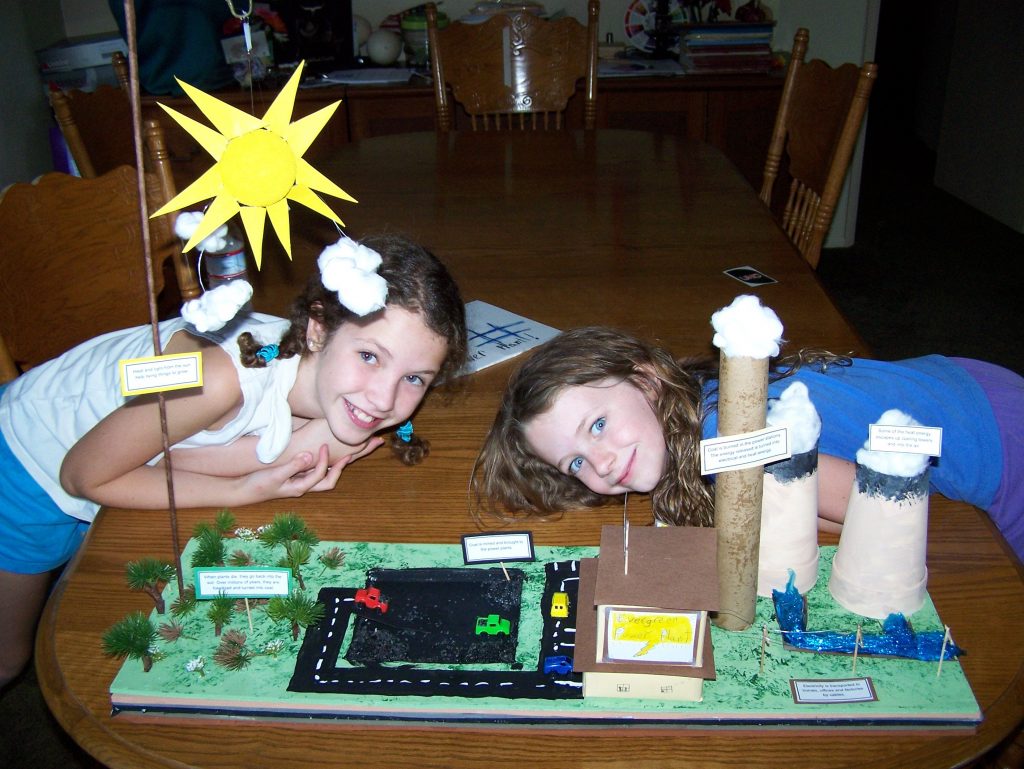
The writing prompt for Katie’s class was to write about her favorite elementary school teacher. Here is what she wrote.
“I do not have the traditional educational background. For one, I was homeschooled from 2nd to 8th grade. My Kindergarten/First Grade teacher, Mrs. Province, I remember little of, besides the fact that she was blond. The vast majority of my education has been taught by a singular person: my mother.
My mother did not believe in rote teaching. Workbooks were something boring people did. We – my younger sister, myself, and her – were not boring people. Instead, education was an adventure everyday. History was taught via dramatic reenactments – from building miniature tipis from bark, like the Native Americans from Shasta County, to recreating the living quarters of the Mayflower (tiny taped-off boxes in which we could put anything we felt was necessary for the trip), to making a covered wagon from chairs, sheets, and stick horses for the Oregon Trail. Math lessons were as likely to be held in the local supermarket as home, where we could count real money with cashiers, do fractions and percentages on products, and calculate how much Mom was saving per ounce. English lessons involved not only the recommended books, but all of the crazy books I felt like shoving my head in. Science had to be hands-on, and more times than not it went terrifically wrong. How-Its-Made and The Most Extreme were our lunchtime entertainment. Costumes, glue, and dirt were staples of my mother’s teaching practices.
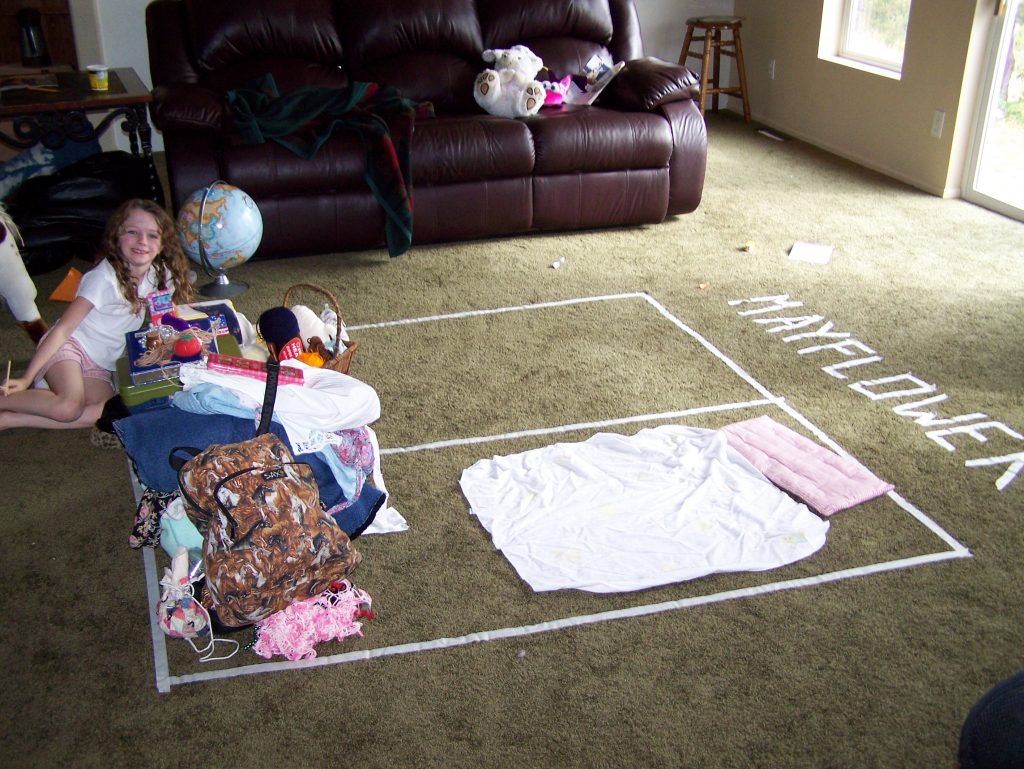
My mother taught me many powerful lessons during those years, something that I took for granted until I hit high school and had multiple bad teachers. Mom was flexible. If things went wrong, whether it was because I was having an emotional breakdown (I cried a lot during middle school), or because the volcano didn’t erupt, or because my sister brought tadpoles inside the house during biology (we lived on 40 acres), Mom would just shake her head and reassess. She very rarely lost her temper, and when she did, it was usually because my sister and I decided to start physically fighting (as siblings do). There were no principles for her to send us to. Mom had to be everything – teacher, mother, friend, emotional support. She wore many hats, and never gave up.
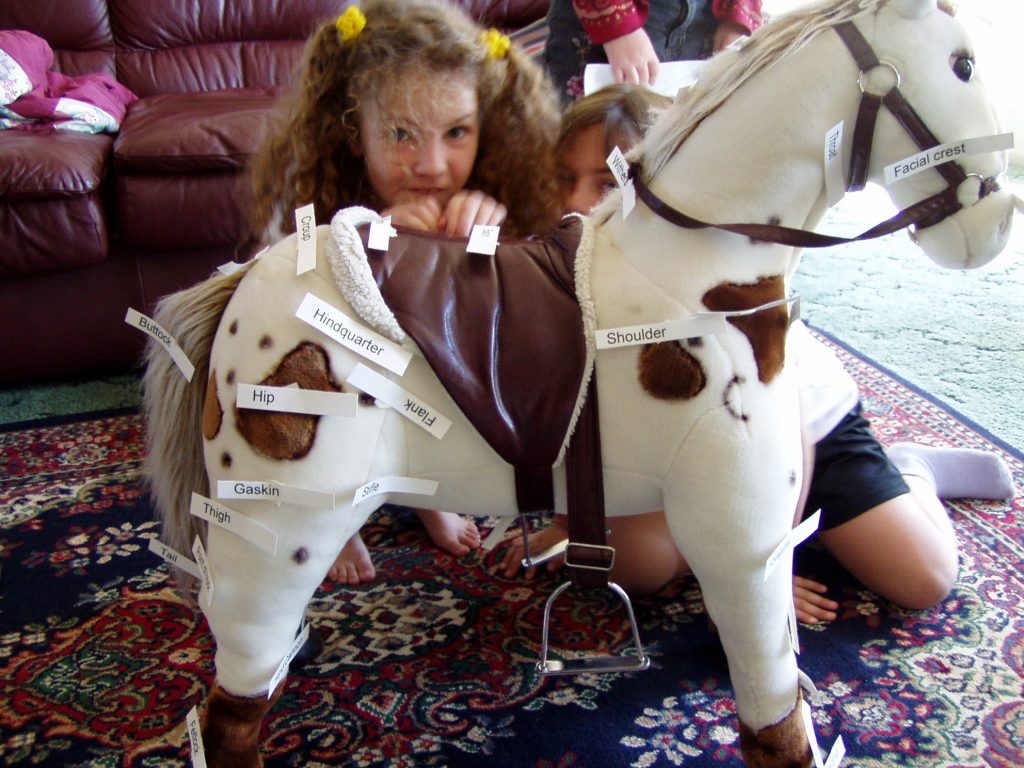
Mom also tailored everything that she could to our interests. If I dragged around my doll, then Kirsten became a student too, and I would have to teach my doll multiplication factors. When my sister showed an interest in archery, we took field trips to archery ranges. When I struggled understanding genetics, even basics such as Mendel’s peas, Mom learned all she could about horse genetics (my favorite animal) and taught me what horses would have what color foals. I must have married half of my very extensive model horse collection learning about genetics. She tried her hardest to make everything fascinating, and while she couldn’t always go all out, like with the horse genetics, she would slip in our interests whenever possible to make the content relatable. It was the small efforts that meant as much as the large ones.
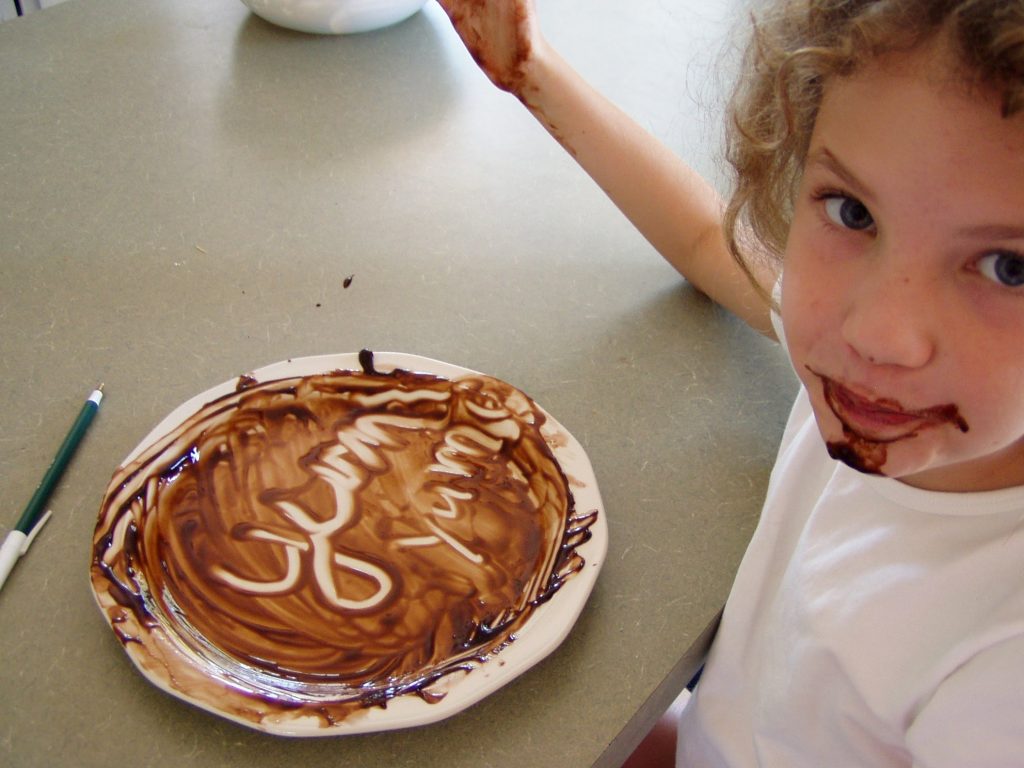
Mom was also humble. She knew she wasn’t a professional teacher. She was a scouts leader, a Mom’s Club member, and a volunteer at Mrs. Provence’s in my two short years in public school. My mother had never gone to college to study pedagogies or classroom management. She had been working with children her entire life through various programs, but she was not a trained teacher. Mom always taught us through the local elementary school’s independent teaching program, so that she could have advice and access to resources she would otherwise not have. She joined the local homeschooling club, so that we would have an abundant amount of socialization with a multitude of different age groups and abilities. She created her own scouting organization, Frontier Girls, when she decided Girl Scouts wasn’t teaching enough life skills to us. When I was in sixth grade, she decided I needed to learn Latin, a language she didn’t know. So, I learned it through a certified lady in a garage filled with other homeschoolers (I ended up retaking Latin in high school because I loved it so much). She would find knowledgeable people in whatever subject, and would drive us all over for field trips, if that meant fixing any gaps in our education my sister and I may have been lacking in.
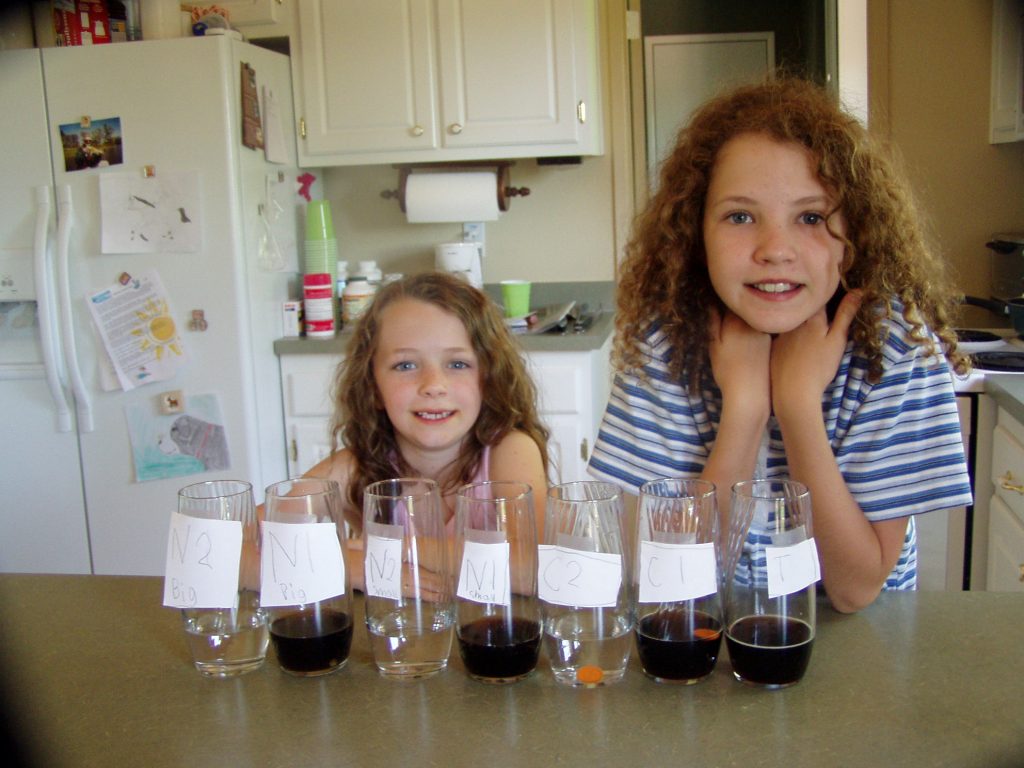
My mother was ferocious, and adventurous, and amazingly caring. No project was too big, no interest too stupid to take note of. Giving up was not in her vocabulary. My mother was certainly my parent and teacher, but she was also my champion. When I failed, she was the first person to pull me up again, wipe off the dirt, and say, “Get back on that horse, Katie,” even when I knew that horse scared the living daylights out of her. And, ironically, she has had to do that both figuratively and metaphorically.
So, here’s to you, Mom – the person who saw first what I was meant to be, and the person who inspired me to be it. Hat’s off to you.”
Use our badges as homeschool incentives

